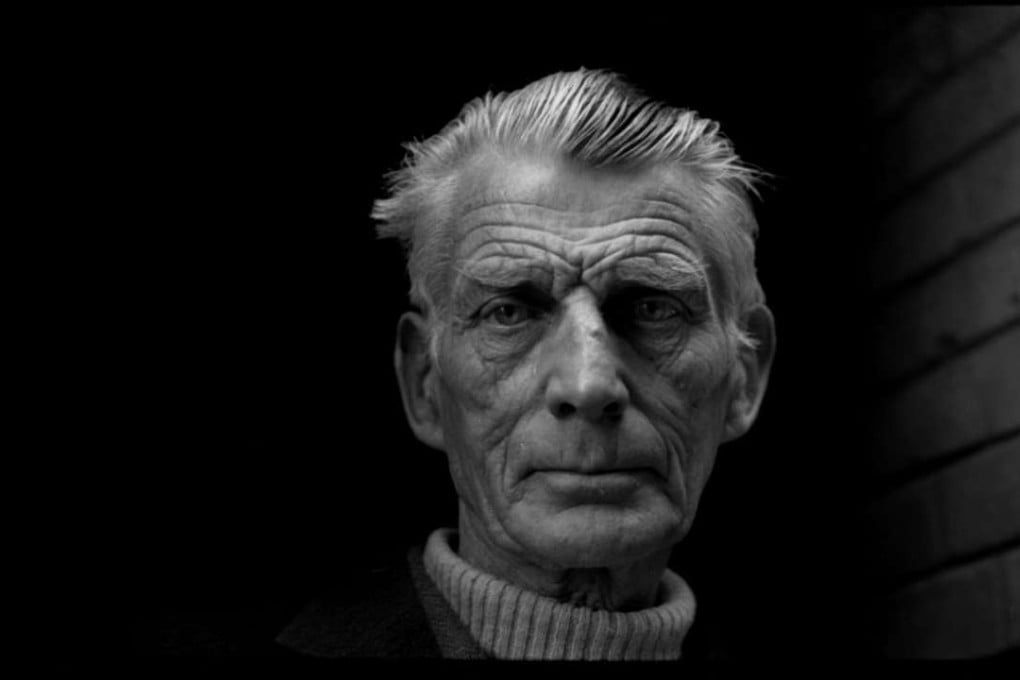Advertisement
Review | Book review: A Country Road, A Tree by Jo Baker – Samuel Beckett in wartime
A moving, beautifully written and riveting historical novel, British author Jo Baker’s new work is a fictional account of how the still unknown Irish writer survived the second world war in France
Reading Time:3 minutes
Why you can trust SCMP


A Country Road, A Tree
by Jo Baker
Advertisement
Knopf
4 stars
Advertisement
When war came to Europe in 1939, Samuel Beckett was a published but largely unknown and unread Irish writer working in the long shadow of James Joyce, for whom he’d served as a literary secretary in Paris while the great man was writing Finnegans Wake.
Advertisement
Select Voice
Select Speed
1.00x